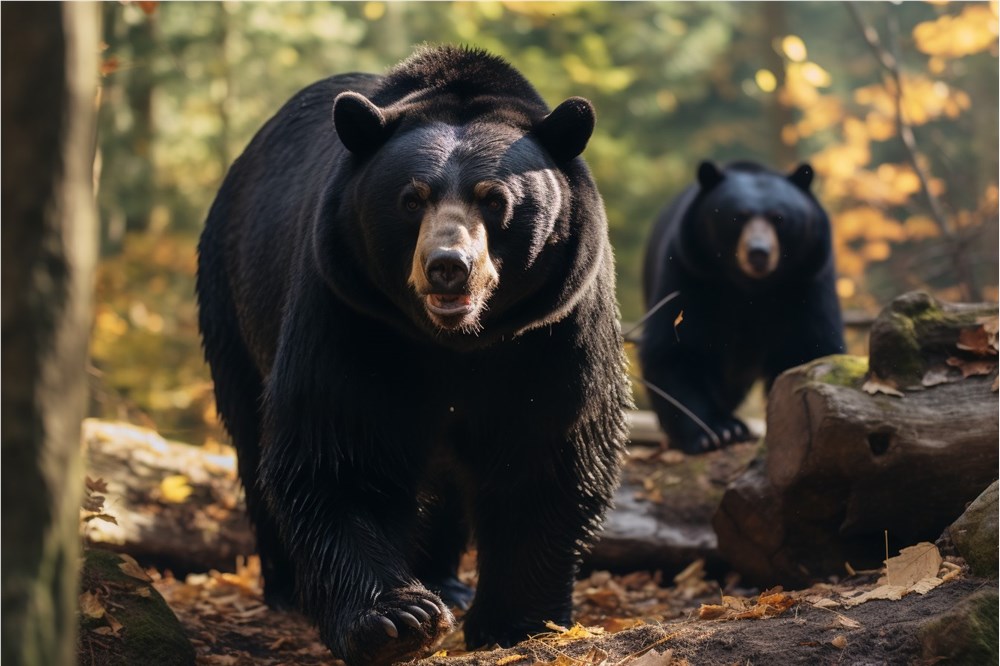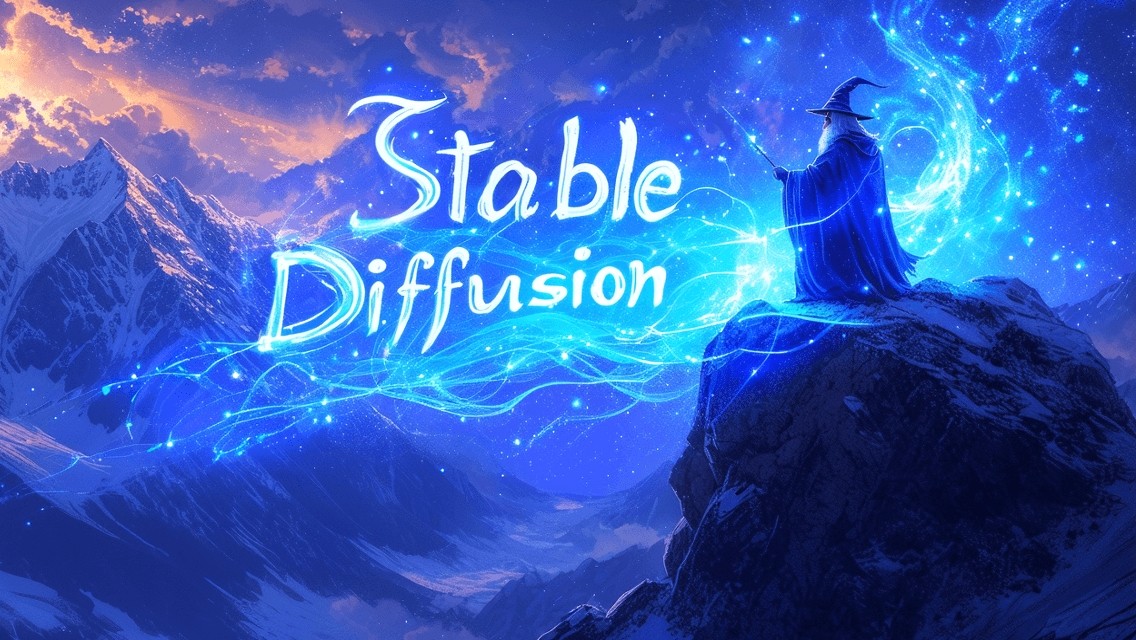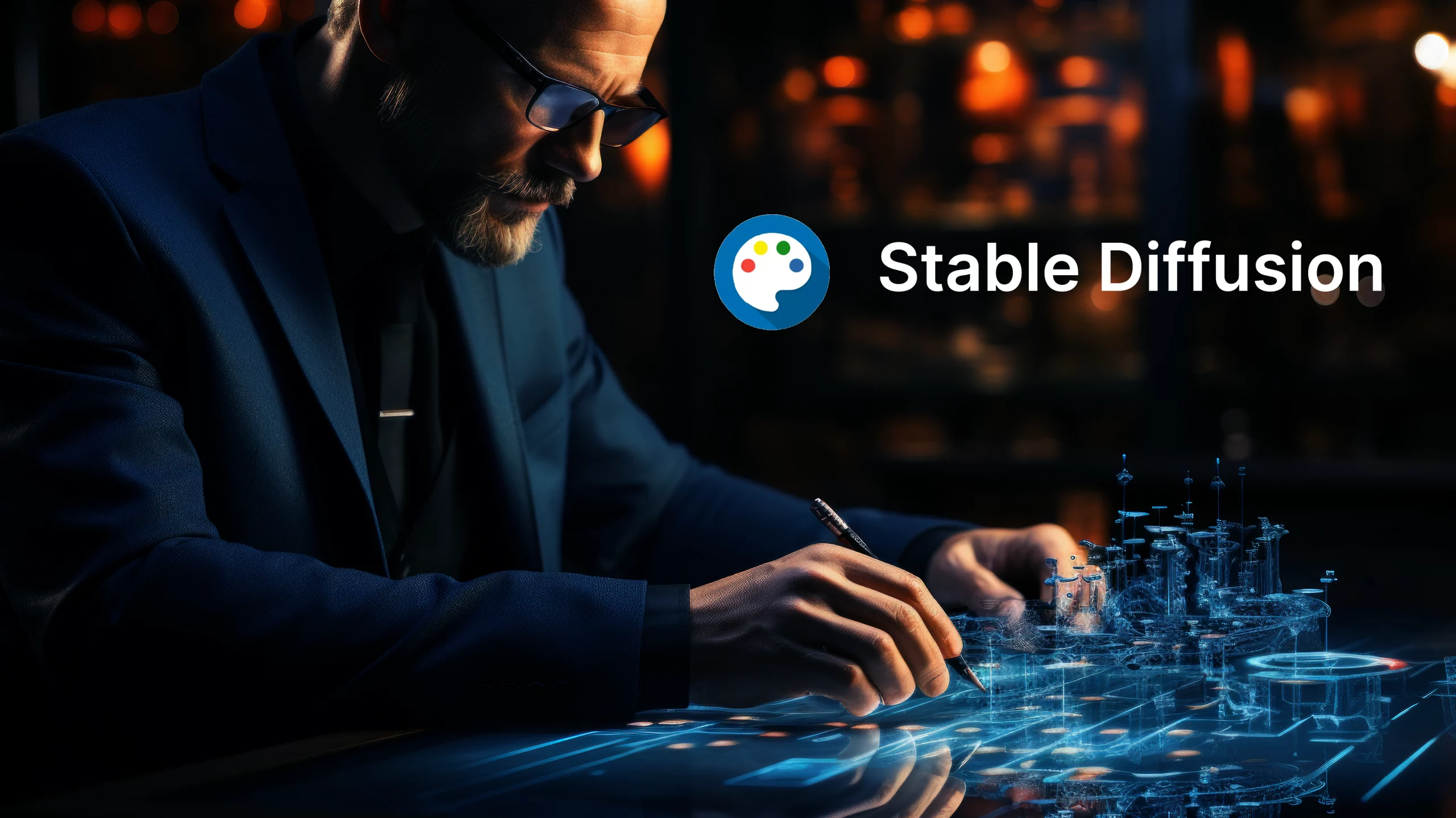In nature, animals communicate through a variety of sounds, from the whistles of dolphins to the rumbles of elephants to the trills of birdsong, each of which contains specific patterns and structures. These subtle sound differences are difficult for humans to identify, but the pattern recognition capabilities of artificial intelligence (AI) offer new possibilities for decoding these "calls of the wild."
Shane Gero, a whale biologist at Carleton University in Canada, has spent 20 years studying how whales communicate. He found that whales from the same family make specific sounds, and sperm whales from different regions even have their own "dialects." These sounds, especially clicks called codas, are how whales stay connected to other whales on the surface. With the help of AI, researchers are able to more quickly analyze the rhythm and speed of these sounds, revealing the basis for the complex information shared between whales.

Behavioral ecologist Mickey Pardo discovered through AI that wild African elephants have their own "names." Elephants use low rumbles to communicate, and the AI model learned the acoustic characteristics of these "calls" and predicted the recipients. This study not only reveals how elephants respond to specific calls, but also shows the individual information contained in elephant calls, such as gender, age and physiological condition.
AI has also been used to discover the "real names" of other animals such as marmosets and elephant seals. These studies not only predicted animal names, but also attempted to decode other "vocabularies" such as location terms. These findings are critical to understanding social structures and communication patterns in animals.
Olivier Pietquin, director of AI research at the Earth Species Project, is using AI to decode communication among animal species, specifically crows. They created a neural network called Voxaboxen and applied it to study communication among carrion crow populations in northern Spain. These crows use vocal communication to coordinate the task of caring for their young.
Although AI has made progress in decoding animal language, it is still early to create an "animal version of Google Translate." There is no generally accepted definition of whether animals are capable of communication beyond a basic level, that is, with or without language. The researchers' goal is not just to talk to wild animals and pets, but to gain a deeper understanding of their minds and how they view themselves and the world.
Through AI technology, scientists can gain a deeper understanding of animal communication patterns, which will not only help protect endangered species, but may also reveal new levels of animal intelligence and consciousness. As technology advances, we may be closer to understanding animals' languages and thus better able to coexist with them.
Official website: https://www.nature.com/immersive/d41586-024-04050-5/index.html
AI courses are suitable for people who are interested in artificial intelligence technology, including but not limited to students, engineers, data scientists, developers, and professionals in AI technology.
The course content ranges from basic to advanced. Beginners can choose basic courses and gradually go into more complex algorithms and applications.
Learning AI requires a certain mathematical foundation (such as linear algebra, probability theory, calculus, etc.), as well as programming knowledge (Python is the most commonly used programming language).
You will learn the core concepts and technologies in the fields of natural language processing, computer vision, data analysis, and master the use of AI tools and frameworks for practical development.
You can work as a data scientist, machine learning engineer, AI researcher, or apply AI technology to innovate in all walks of life.







